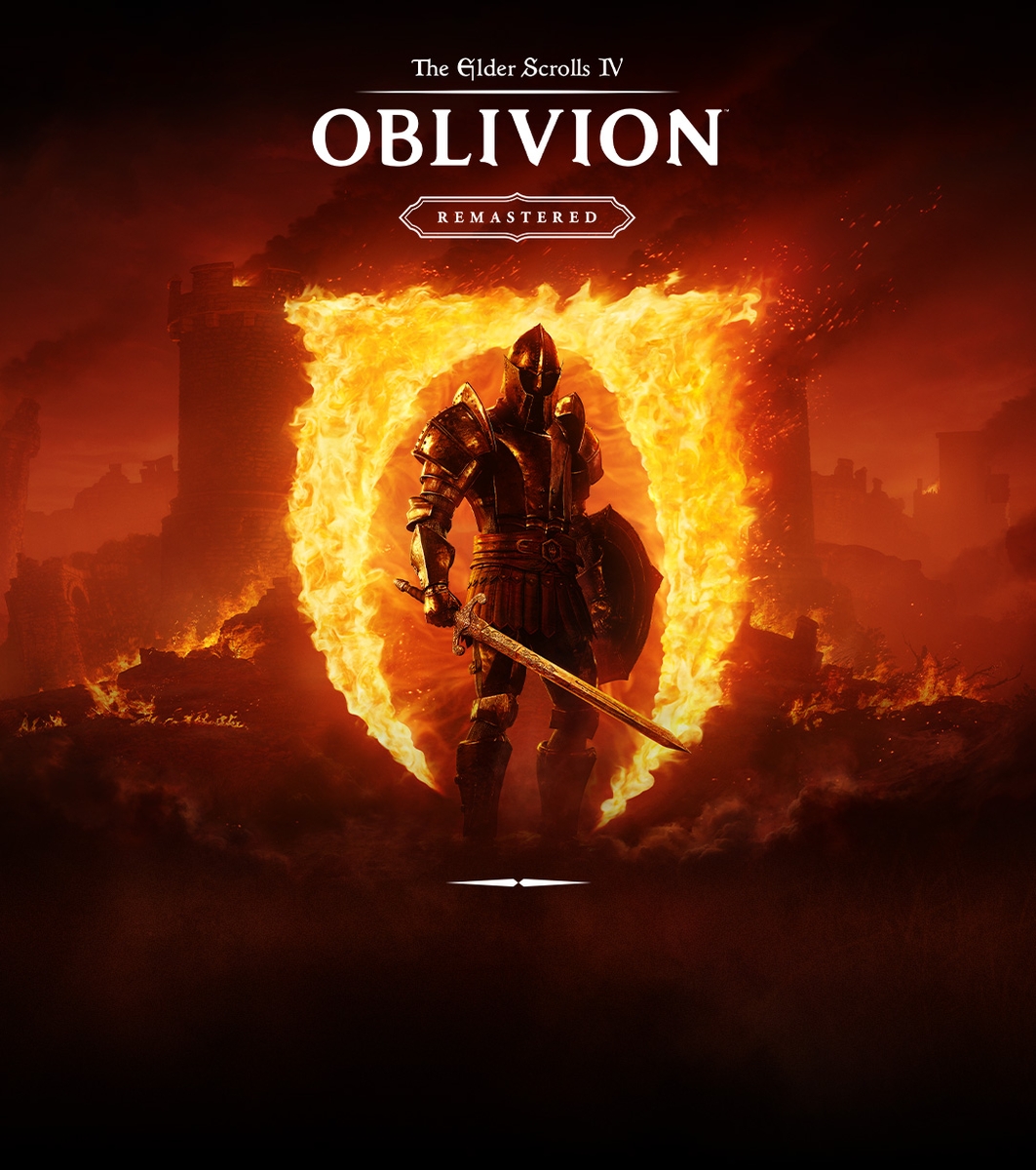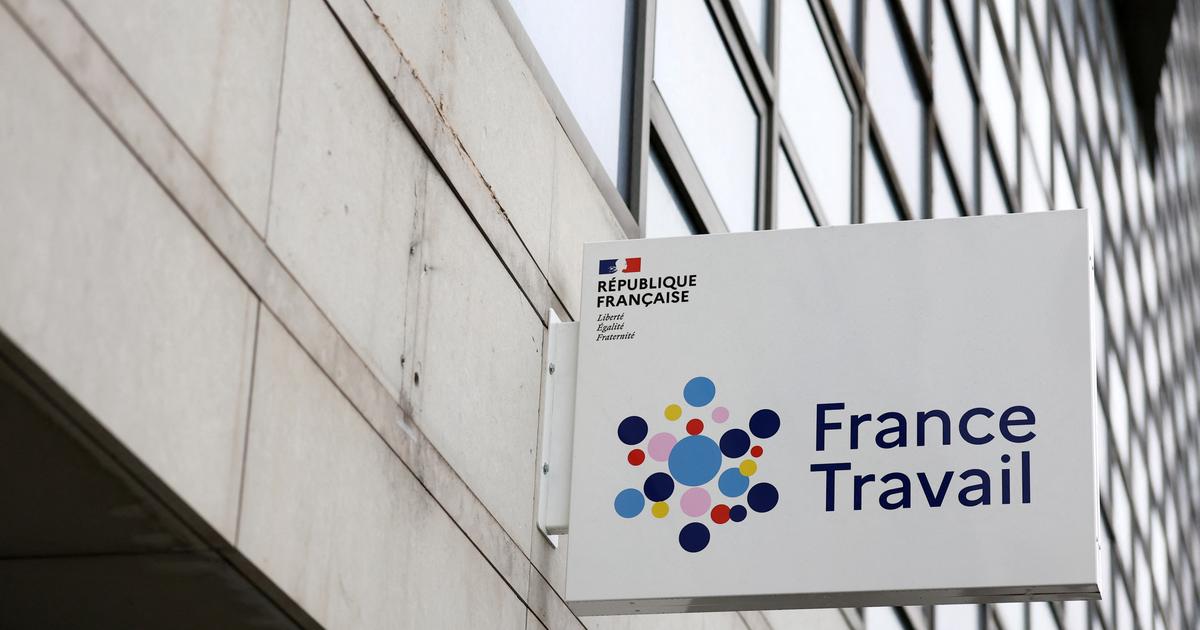Korean Gamers Angered by Microsoft’s Block on ‘Oblivion remaster’
Microsoft faces criticism for restricting access to the highly anticipated ‘Elder Scrolls IV: Oblivion remaster’ for Korean gamers, sparking outrage and raising questions about market prioritization.
The release of ‘Elder Scrolls IV: Oblivion Remastered’ has been met with frustration in South Korea,as Microsoft (MS) has blocked Korean gamers from purchasing the game. This “local rock,” as it’s being called, has ignited anger among consumers and prompted calls for Microsoft to address its approach to the Korean market. The Game User Association has emerged as a vocal critic, demanding improved localization efforts and service operations.
Microsoft’s game distributor, Bethesda Softworks, launched ‘Elder Scrolls IV: Oblivion Remastered’ to global fanfare, but the Korean launch has been anything but smooth.
Global Success, Local Lockout
According to Steam Statistics Site ‘Steam DB’, ‘Oblivion Remaster’ quickly climbed to the top ranks, achieving the 3rd position on the platform, with extraordinary concurrent user numbers worldwide within a single day of its release. However, this success is sharply contrasted by the situation in Korea, were fans find themselves unable to purchase the game on any platform.
Adding insult to injury, Korea and Russia are reportedly the only two countries among the 41 that support monetary payments where this restriction is in effect.
Classification Conundrum
The situation is further complicated by the fact that Microsoft, which oversees its own game classification system, had already classified ‘Oblivion Remaster’ as suitable for ages 15 and up between January and March. Despite this classification,the regional restriction remains in place.
Notably, the original ‘Elder Scrolls IV: Oblivion’, released in 2006, received a rating suitable for all ages in Korea. The remastered version’s “15-year-old” rating raises questions about the justification for the continued purchase block. Under Korean law, games rated for all ages do not require deliberation by the Game Management Committee before release.
An official from the game committee stated,”To date,there is no fact that the classification application has been made or monitored separately.”
Game User association Demands Action
The Game User Association has issued a strong statement, urging Microsoft and Bethesda to prioritize the korean market and ensure proper localization and service. The association suggests the “Passing Korea” phenomenon stems from a lack of expertise in the domestic classification system and deliberation procedures on the part of Microsoft Bethesda representatives or a failure to secure the necessary classification in advance.
Lee Chul-woo, chairman of the Association, stated, “It is a cross-section that shows the Microsoft’s lush attitude toward the Korean market.”
Broader Implications for the U.S. Market
While the immediate impact is felt by Korean gamers, this situation raises broader concerns for the U.S. market and other regions. It highlights the potential for inconsistent application of regional restrictions and the need for greater clarity in the game distribution process. If microsoft can arbitrarily block access in one region, what prevents similar actions in others? Gamers in the United States, where digital game sales continue to dominate the market, are increasingly reliant on smooth and equitable access to content.
The U.S. video game market is projected to reach $95.61 billion in 2025, according to Statista, underlining the importance of fair and consistent access to digital content for American consumers. Any perception of arbitrary restrictions could erode trust and impact purchasing decisions.
counterargument: Addressing Regionalization Needs
One potential counterargument is that regional restrictions are sometimes necessary to comply with local laws, cultural norms, or distribution agreements. Though, in this case, the ‘Oblivion Remaster’ had already received a “15+” rating in Korea, suggesting that it met the necessary legal and cultural standards. The continued purchase block, thus, appears to be driven by other factors, perhaps related to internal processes or market strategy.
The Evolving Landscape of Digital Distribution
The controversy surrounding ‘Oblivion Remaster’ arrives at a pivotal moment for digital distribution. As more and more games are sold and accessed online, issues surrounding regional access and consumer rights are taking center stage. The industry is grappling with how to balance global reach with localized content, without alienating key markets. ‘Oblivion Remaster’ may well become a watershed case, forcing companies such as Microsoft to re-evaluate their distribution strategies and improve dialog with regional audiences.
FAQ: ‘Oblivion Remaster’ Korean Purchase Block
| Q: Why can’t Korean gamers purchase ‘Oblivion Remaster’? | A: Microsoft has implemented a regional restriction, preventing purchases in Korea despite the game’s global release. |
| Q: Has ‘Oblivion Remaster’ been rated in Korea? | A: Yes, Microsoft classified the game as suitable for ages 15 and up between January and March 2025. |
| Q: What is the Game User Association’s stance? | A: The association is urging Microsoft and Bethesda to address the issue, improve localization efforts, and provide equitable service to Korean gamers. |
| Q: Are other countries affected by this restriction? | A: Reportedly,only korea and Russia are blocked from purchasing ‘Oblivion Remaster’ among the 41 countries that support monetary payments. |
| Q: What has Microsoft said about the situation? | A: Microsoft is reportedly discussing the deliberation process with Bethesda to launch ‘Oblivion Remaster’ in the Korean market as soon as possible, but it is indeed known that the resolution of the situation is delayed. |


:focal(0x0:3000x2000)/static.texastribune.org/media/files/5cc95edbd0dbe01b9307e99a98cc5d2f/121624%20Starbase%20REUTERS%20AP%20TT%2001.jpg)




